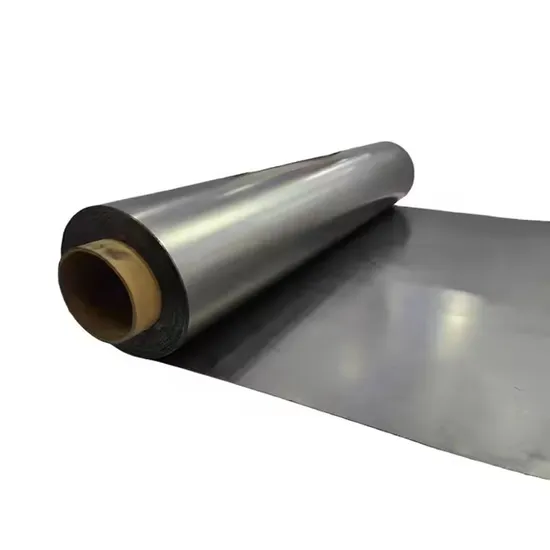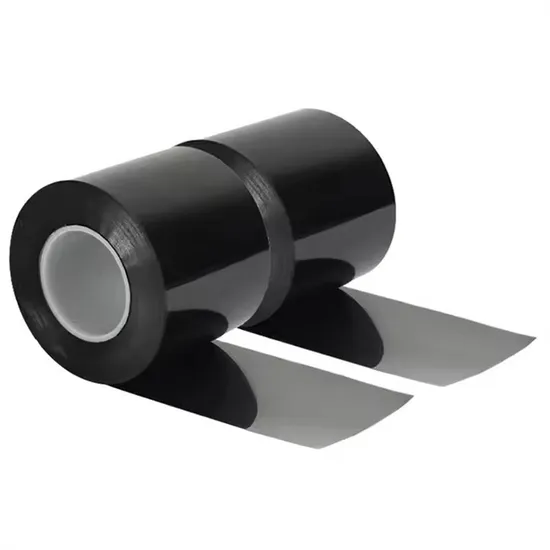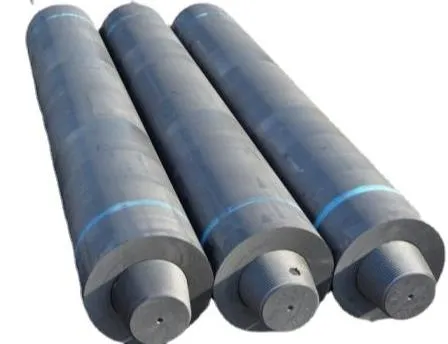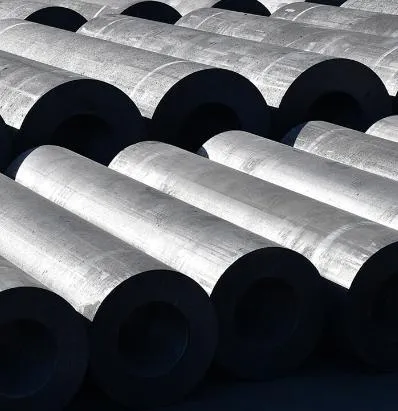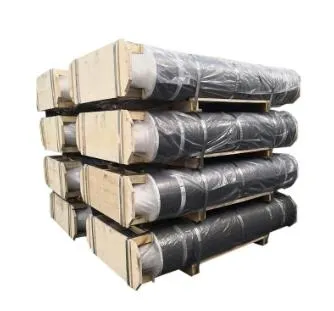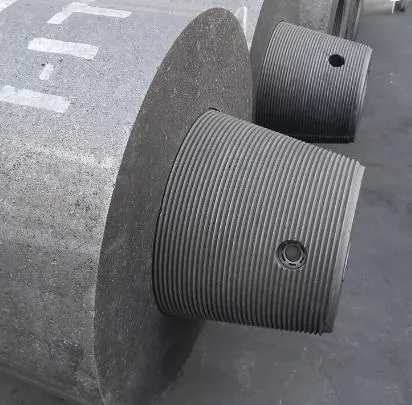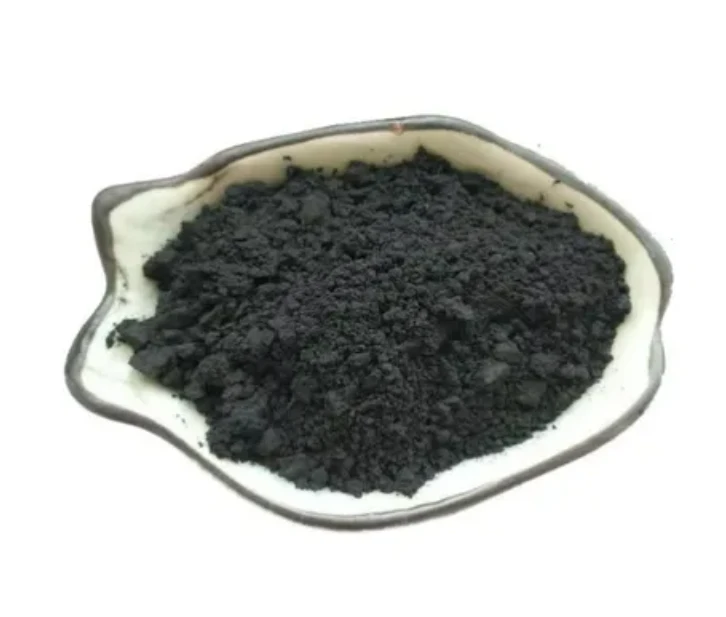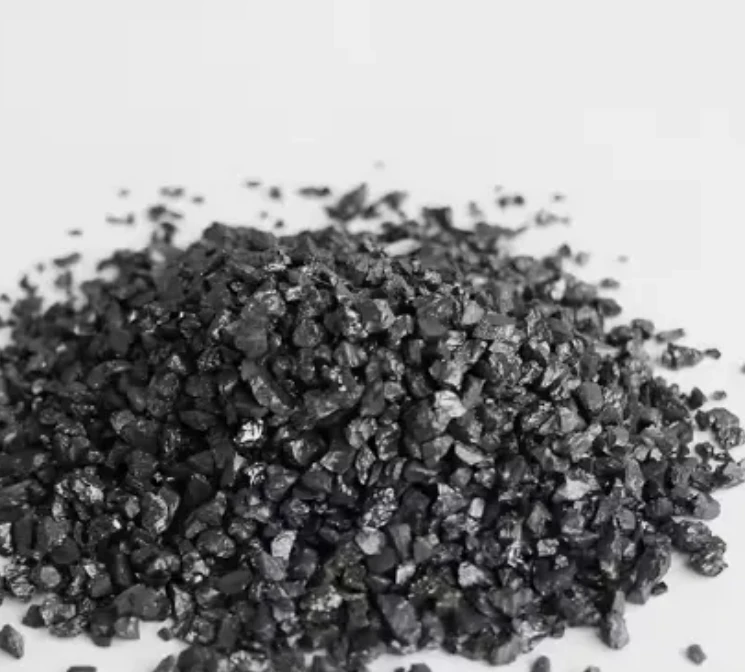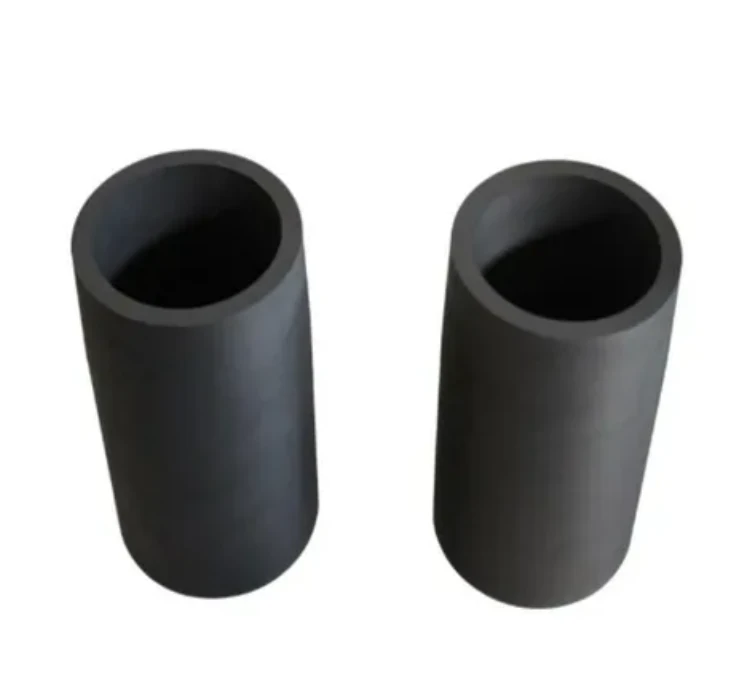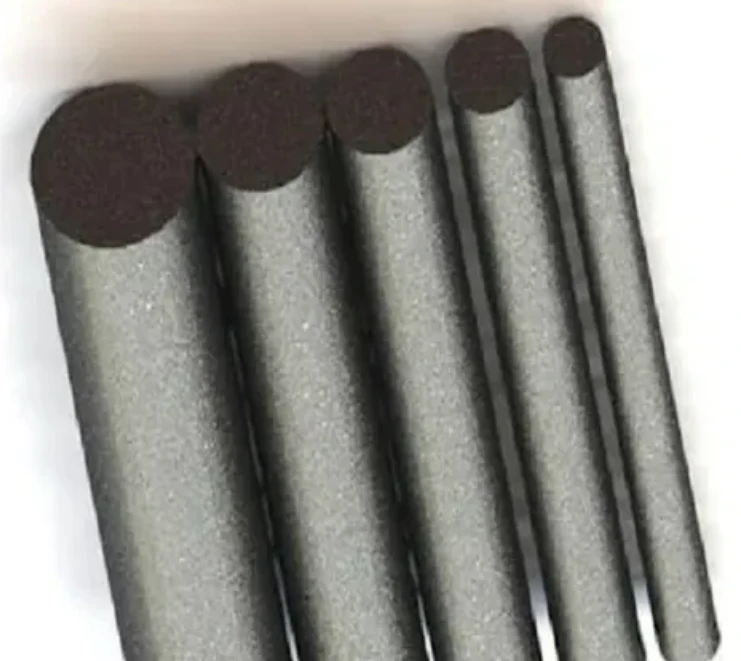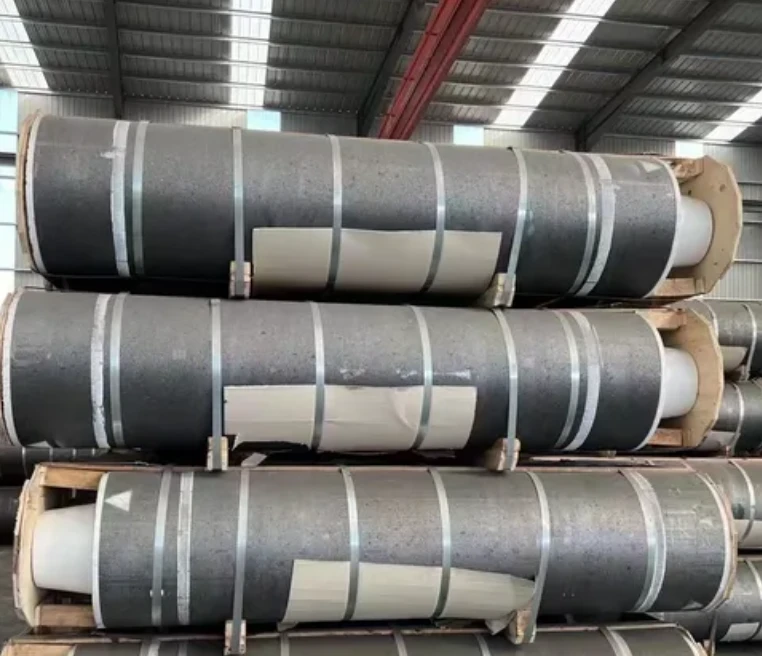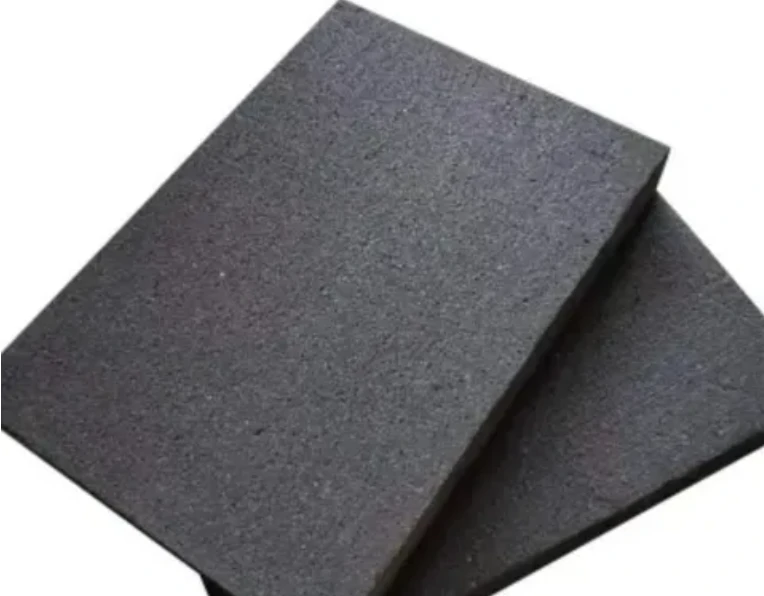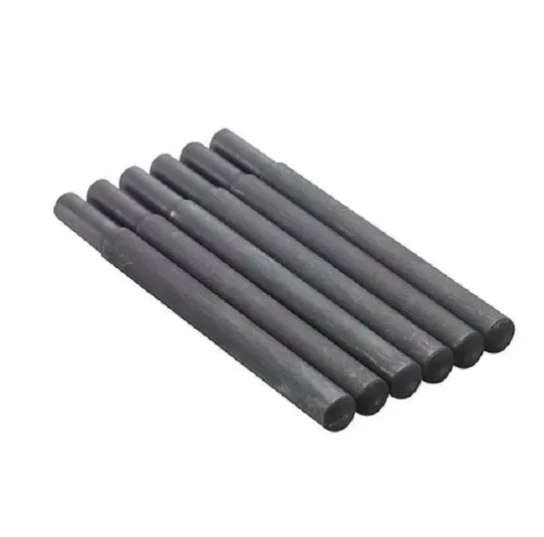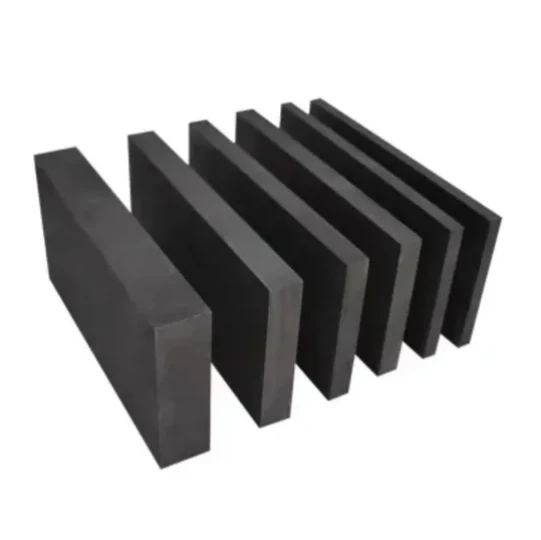- Englist


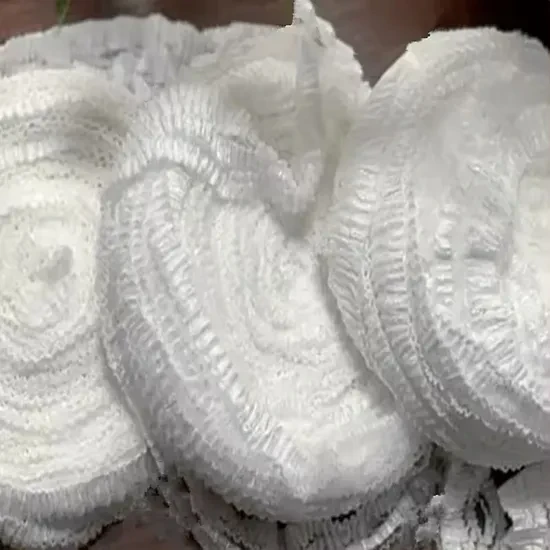
- Foundation of Steel Production: Recarburizer Carbon Explained
- Technical Advancements in Recarburizer Performance
- Industry Metrics: Efficiency Impact on Manufacturing
- Supplier Comparison Chart: Global Market Analysis
- Custom Formulations: Material-Specific Solutions
- Industry Applications: Success Implementation Models
- Strategic Partnerships with Recarburizer Suppliers

(recarburizer carbon)
The Critical Role of Recarburizer Carbon in Steelmaking
Recarburizer carbon serves as the essential additive in electric arc furnace (EAF) steel production, compensating for carbon loss during melting. Precise carbon restoration prevents steel brittleness while maintaining fluidity. Unlike natural alternatives, synthetic recarburizers deliver >95% fixed carbon content with minimal impurities. Major foundries report a 8-12% productivity boost when using optimized carbon replenishment compared to traditional coke blends. Proper carbon equilibrium controls carbide formation and reduces slag viscosity by up to 30%, directly impacting operational efficiency.
Technical Specifications Driving Performance
High-performance recarburizers exhibit three critical properties: ultra-low sulfur content (<0.05%), controlled nitrogen absorption (<300ppm), and uniform particle distribution. Premium calcined petroleum coke variants feature 98.5-99.2% carbon purity with rapid dissolution kinetics – achieving target carbon levels in under 8 minutes. Crucially, crystallinity alignment enhances absorption rates by 18-24% versus amorphous alternatives. Recarburizer manufacturers now incorporate nanotechnology to achieve particle sizes between 1-5mm, optimizing surface area-to-mass ratios and minimizing injection system wear.
Production Efficiency Metrics
Data demonstrates that optimized recarburizer carbon
cuts melting time by 9-14 minutes per heat cycle and extends electrode lifespan by 120-150 heats. Analysis from integrated mills shows consistent recarburizer implementation lowers tap-to-tap time by 7.2% on average. The chemistry predictability reduces quality reworks by 3.7% and alloying material waste by 18%. Crucially, carbon recovery rates – the measure of absorbed carbon versus injected carbon – exceed 92% in premium formulations compared to 78-85% in standard blends. Implementation achieves ROI in 60-90 days through power consumption savings averaging 43kWh/ton.
Global Supplier Comparison Table
| Supplier | Fixed Carbon (%) | Sulfur Max (%) | Bulk Density (g/cm³) | Moisture (%) | Production Capacity (MT/Y) |
|---|---|---|---|---|---|
| EuroCarbon Solutions | 99.2 | 0.03 | 0.82 | 0.8 | 240,000 |
| AmeriCarb Foundry Products | 98.7 | 0.05 | 0.78 | 1.2 | 180,000 |
| Asian Graphite Ltd | 98.1 | 0.08 | 0.85 | 1.5 | 550,000 |
| Global Recarb Specialists | 98.9 | 0.02 | 0.75 | 0.5 | 320,000 |
Customized Formulation Protocols
Leading recarburizer manufacturers develop grade-specific formulations through spectral analysis of client steel compositions. For high-manganese steel (11-14% Mn), silica-coated recarburizers with controlled phosphorus (<0.02%) prevent carbide precipitation problems. Ductile iron producers receive nickel-infused blends optimizing nodule formation. Case-specific adaptations include:
- Low-Volatility Formulations: For semi-closed hood systems (3% max volatility index)
- Argon-Injected Micropellets: Prevent slag entrapment in vacuum degassing processes
- Silicon Composite Blends: Dual-purpose inoculation for grey iron production (0.4-0.7mm size fraction)
Application Success Cases
Automotive foundries like TransAxle Systems achieved a 17% reduction in graphite flotation defects after switching to ultra-dense recarburizer carbon optimized by German manufacturers. Shipbuilders report consistent tensile strength results (±15 MPa variation) across 120-ton heats. Brazilian mining equipment manufacturer MineroSteel doubled wear-part lifespan through chromium-carbide enhancement using tailored carbon addition. Notably, wire rod producers eliminated fisheye surface defects completely by implementing sulfur-controlled recarburizers blended with calcium-silicon capsules.
Strategic Collaboration with Recarburizer Experts
Developing synergistic partnerships with recarburizer suppliers provides measurable competitive advantage. Premium suppliers now embed technical teams at production sites for real-time parameter adjustment. Forward-looking manufacturers conduct quarterly melt-chemistry audits with recarburizer partners, generating customized addition matrixes that adapt to scrap volatility. This collaboration minimizes variable operating costs while securing preferential allocation during carbon supply chain disruptions. Ultimately, recarburizer suppliers transform from commodity providers into metallurgical consultants whose carbon solutions become integral to quality assurance protocols.
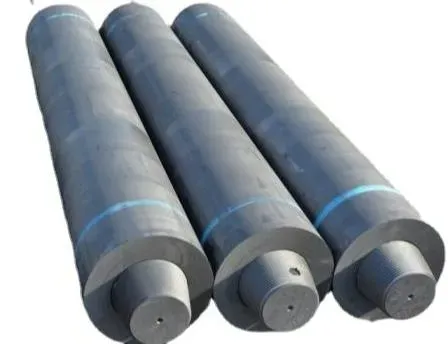
(recarburizer carbon)
FAQS on recarburizer carbon
Q: What is recarburizer carbon used for?
A: Recarburizer carbon is a carbon additive used in steelmaking to increase carbon content in molten metal. It compensates for carbon losses during processing, ensuring proper chemistry and mechanical properties. Typical applications include foundries and electric arc furnace operations.
Q: How to identify reliable recarburizer suppliers?
A: Reliable recarburizer suppliers should provide certified material compositions and production batch reports. They must demonstrate consistent quality control processes and offer technical support. Industry certifications like ISO 9001 further validate their credibility.
Q: What distinguishes professional recarburizer manufacturers?
A: Professional recarburizer manufacturers maintain in-house R&D facilities for product innovation and customization. They implement strict quality management systems throughout production and typically offer extensive global logistics support. Custom particle sizing options demonstrate advanced manufacturing capability.
Q: What factors affect recarburizer carbon efficiency?
A: Key factors include carbon content (typically 90-98%), low sulfur/ash levels, and particle size distribution. Proper dissolution temperature and injection timing also significantly influence absorption rates. Low-nitrogen grades prevent contamination in high-grade steel production.
Q: What documentation should recarburizer suppliers provide?
A: Reputable suppliers furnish material safety data sheets (MSDS) and certified analysis reports for each shipment. They should provide traceability documents showing raw material origins and manufacturing dates. International quality certificates like ISO are essential for verifying compliance standards.





 Pervious
Pervious
 Next
Next
